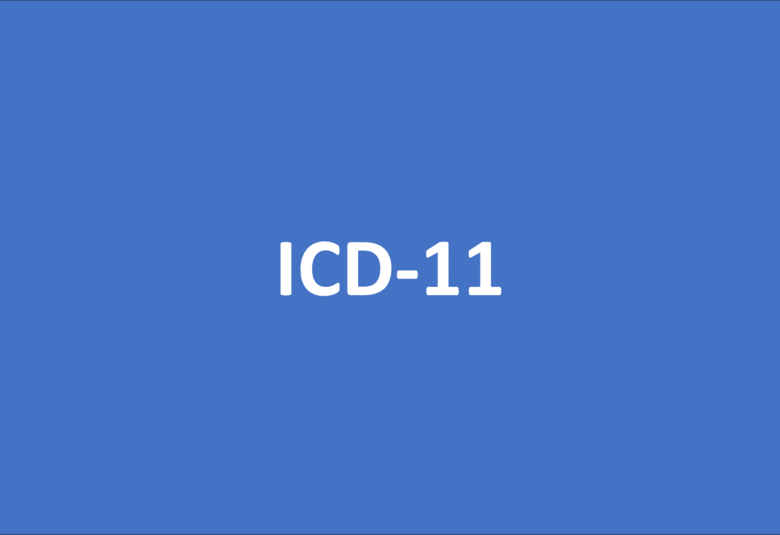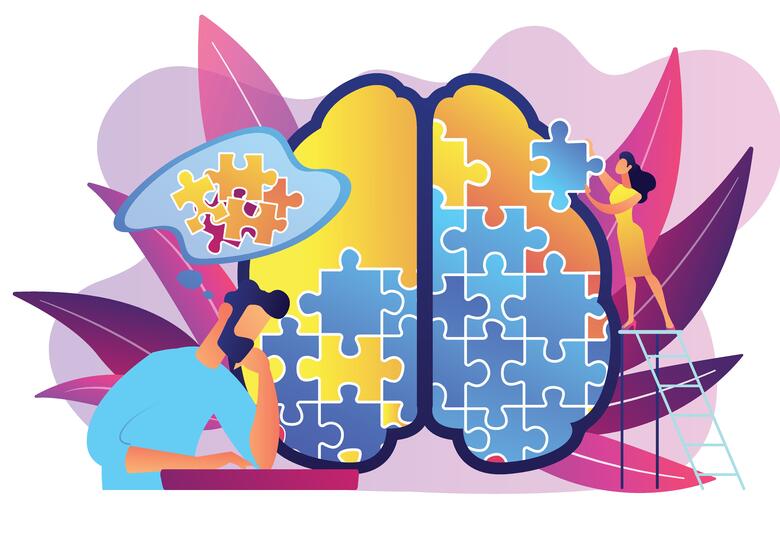The WHO – World Suicide Report symposium was of particular interest to this correspondent because the risk of suicide is known to be increased in bipolar I patients.
Every 40 seconds a person dies by suicide somewhere in the world. A psychiatrist’s nightmare is when a patient takes their own life, but as Professor Wasserman, Professor of Psychiatry and Suicidology, Sweden, asserted at the WHO – World Suicide Report symposium, responsibility doesn’t just lie with the physician but with the community at large.
Director for the WHO Collaborating Centre for Prevention of Mental Ill Health and Suicide, Prof Wasserman was clear about the fact that suicide can be prevented if we all work together. This includes not just within the health sector, but also within education, employment, social welfare and society at large.
Speakers in this session focussed on the recently published WHO report: ‘Preventing suicide: a global imperative’. The report is the first of its kind and presents a comprehensive overview of suicide, suicide attempts and suicide prevention efforts worldwide. Its aim is to raise awareness of the public health significance of suicide and suicide attempts and encourage and support countries to develop or strengthen comprehensive suicide prevention strategies in a multi-sectoral public health approach.
The time to act is now
Also speaking at the meeting was Dr Shekhar Saxena, Director of the Department of Mental Health and Substance Abuse at WHO. “It really is a matter of life and death when we talk about suicide. More than 800,000 people die by suicide every year that’s around one person every 40 seconds. One of the targets is to reduce the suicide rate by 10%. That translates as saving 80,000 lives annually”.
“The time to act is now,” continued Saxena. “We need to focus on restricting access to the means for suicide, incorporating suicide prevention as a core component of healthcare services and ensuring that communities play a critical role in suicide prevention”.
Careful prescribing and impulsive acts
Prof Wasserman also talked about the importance of training GPs about appropriate prescribing. Highlighting the case of mixed states in bipolar I disorder, Prof Wasserman told delegates that inappropriately prescribing an anti-depressant could induce a mixed state episode which in turn puts patients at a higher risk of suicidal behaviours. “Studies show that training helps to reduce suicide and the training needs to be repeated to serve as a refresher.”
“Just as important,” added Prof Wasserman, “we need to make sure we close the exits by controlling guns and pesticides, especially in low and middle income countries. It’s important to stop impulsive acts. If someone is in despair and you close the exit, you can create an opportunity to calm them down and talk to them and by doing so avoid many suicides.”
Download your own copy of the report
You can download a copy of the report here. The report provides a global knowledge base on suicide and suicide attempts as well as actionable steps for countries based on their current resources and context to move forward in suicide prevention.
Continue the conversation on Twitter at #EPA2015Vienna
Our correspondent’s highlights from the symposium are meant as a fair representation of the scientific content presented. The views and opinions expressed on this page do not necessarily reflect those of Lundbeck.




